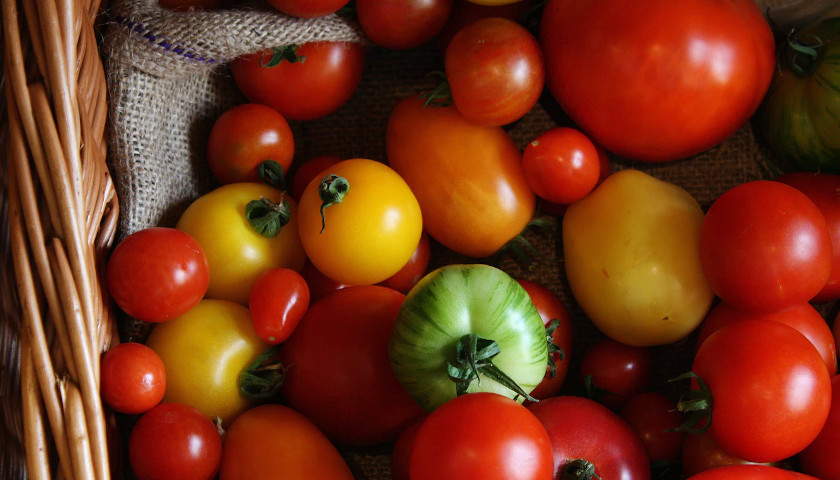by Catherine Smith
The Trump administration on Wednesday announced a ban on imports of cotton and tomatoes from the Xinjiang area of China, where the government is detaining more than a million Muslim Uighurs in horrendous prison-like conditions where they are forced into labor, the US Customs and Border Protection announced.
Effective January 13 at all U.S. ports of entry, U.S. Customs and Border Protection (CBP) issued a Withhold Release Order against cotton products and tomato products produced in Xinjiang based on information on information that the Chinese Communist Party was using detainees for “prison labor” in reeducation camps.
“The agency identified the following forced labor indicators through the course of its investigation: debt bondage, restriction of movement, isolation, intimidation and threats, withholding of wages, and abusive living and working conditions,” it said in a statement on Wednesday.
The WRO order will direct CBP personnel at all US ports to hold up the products , including “apparel, textiles, tomato seeds, canned tomatoes, tomato sauce, and other goods made with cotton and tomatoes.”
Importers are responsible for ensuring the products they are attempting to import do not exploit forced labor at any point in their supply chain.
“DHS will not tolerate forced labor of any kind in U.S. supply chains. We will continue to protect the American people and investigate credible allegations of forced labor, we will prevent goods made by forced labor from entering our country, and we demand the Chinese close their camps and stop their human rights violations,” said acting Department of Homeland Security Deputy Secretary Ken Cuccinelli.
China denies mistreating Uighurs and says the camps are vocational training centers needed to fight extremism. Chinese President Xi Jinping said the Uighurs are only being detained so they can be taught the “correct” outlook on the Communist government.
In December, the US Congress passed the bipartisan Uyghur Forced Labor Prevention Act, which assumes that all goods manufactured in Xinjiang are made with forced labour.
The move follows President Donald Trump’s promise to harden the US position against Beijing, erecting economic penalties that would make it more difficult for President-elect Joe Biden to ease US-China tensions after he takes office on January 20.
– – –
Catherine Smith reports for American Greatness.




